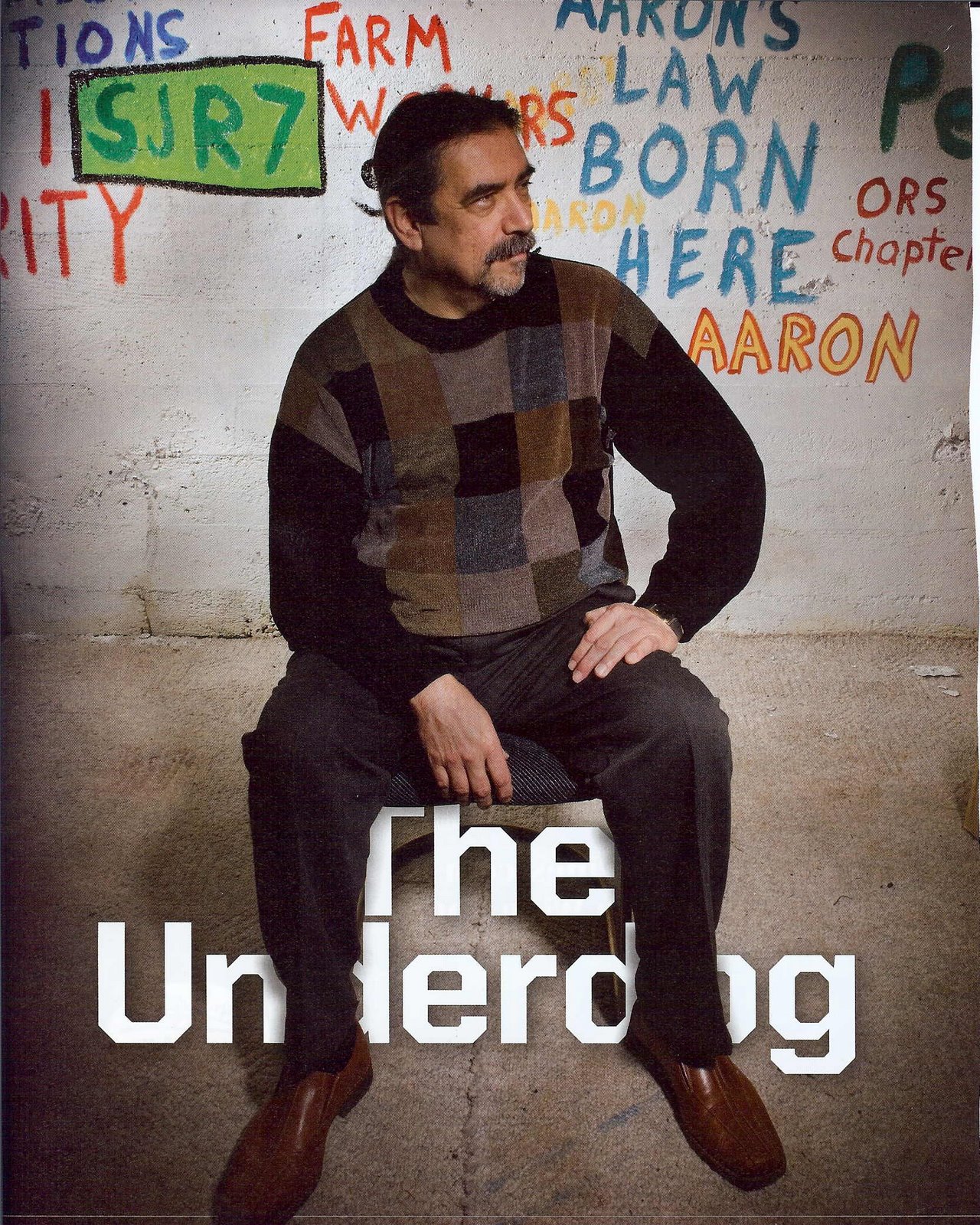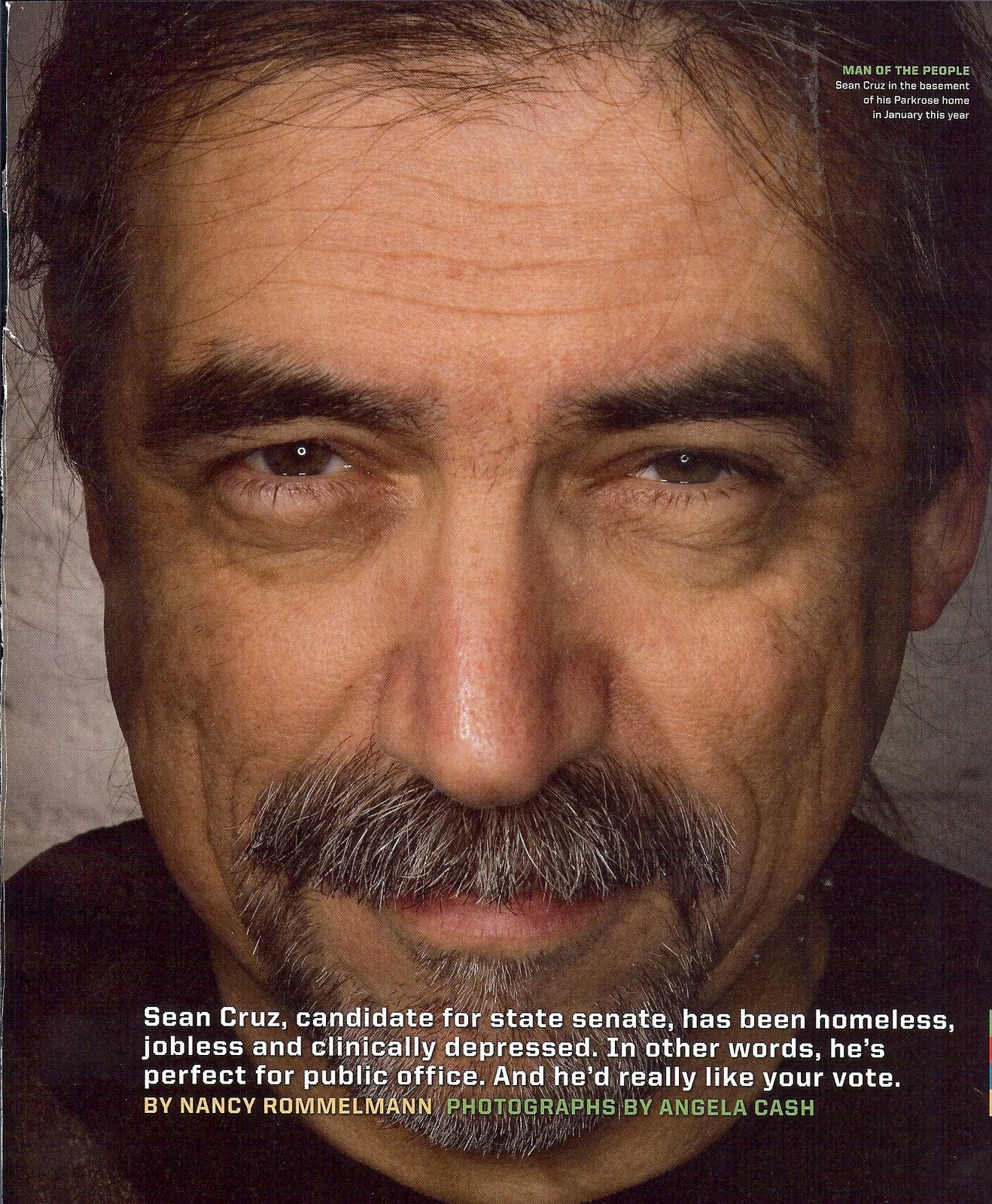Portland, Oregon--
The Oregonian published Greg Chaimov’s guest opinion titled “M 75 and the Constitution: Why voters can approve a casino”, where Mr. Chaimov posited a convoluted legal argument to support his employers’ investment in their campaign to create for themselves an exclusive right to build a non-tribal casino in Oregon.
Mr. Chaimov’s legal opinion, however, fails to address the most significant constitutional problems that M 75 would face if passed by the voters, the equivalent of putting only some of the cards on the table, just the ones that the dealer likes.
Passage of M75 cannot possibly lead to an operating casino at the Wood Village property, but what it will certainly do is create a bonanza for the lawyers who will litigate the issue over the next decade or so.
A better ballot title for M 75 would be "The Rossman-Studer Full Employment Act" as it will keep a whole bunch of lawyers employed for a good long time, and at public expense.
The first constitutional issue lies in this line: "The Legislative Assembly has no power to authorize, and shall prohibit, casinos from operation in the State of Oregon."
The Constitution clearly requires the Legislative Assembly to take action to prohibit the proposed casino from operation.
Should M75 pass, the legislature "shall prohibit" its operation, and there are an infinite number of ways for it to do so. The passage of M75 would give Mr. Chaimov's legal team grounds to challenge every legislative action in court, and that is the real goal of the Good for Oregon group's campaign.
They are counting on the voters to put them to work as lawyers, not as as creators of anything that is intrinsically "good for Oregon."
The second constitutional issue lies in Article I, Section 20, which states: "No law shall be passed granting to any citizen or class of citizens privileges, or immunities, which, upon the same terms, shall not equally belong to all citizens."
M75 stomps all over this section of the Constitution, and it is a mark of the core dishonesty that lies behind the Wood Village Casino--Good for Oregon facade that Mr. Chaimov makes no mention of Section 20 in his editorial.
Under M 75, the only permissible casino location in the state would be at the former Multnomah County Kennel Club, specifically, at 944 NE 223rd Avenue, Wood Village, which just happens to be under the control of Matthew Rossman and Bruce Studer, for their exclusive benefit, a clear violation of the Oregon Constitution.
M 75 defines “gaming operator” as “The owner of the property identified in Section 14 of this 2010 Act”. It's a very exclusive club.
In addition, Section 17, Paragraph (5) of M 75 amends ORS 320.011, creating a special immunity from taxation for the Wood Village casino operators; specifically, from the $125 per-device excise tax.
If those aren’t flaws enough, M 75 would grant these exclusive privileges and immunities to Rossman and Studer for 15 years, renewable for another 15 exclusive years.
In order to pass Constitutional scrutiny under Section 20, M 75 would have had to been written to open casino operations to any Oregon citizen, anywhere in the state, with the same tax immunities. But Rossman and Studer drafted the measure to create special privileges and immunities for themselves alone.
Should M75 pass, both the coming court battles and the actions of the legislature are going to cost a great deal of public money, a completely open-ended budget item, and we can thank Rossman and Studer for sticking us with the bill.
Would you entrust an exclusive gambling license to an operator who only puts some of the cards on the table, just the ones he likes?
The Oregonian posted this as a guest editorial here:
Sean Cruz is not a lawyer, and is receiving no funds from any person or group associated with Measure 75, either for or against, not that he wouldn't appreciate it. His opinions are entirely his own. He gained his familiarity with the Oregon Constitution during his six years of service as chief of staff for the famously non-partisan legislator Avel Gordly in the Oregon Senate, 2003 to 2008.






No comments:
Post a Comment